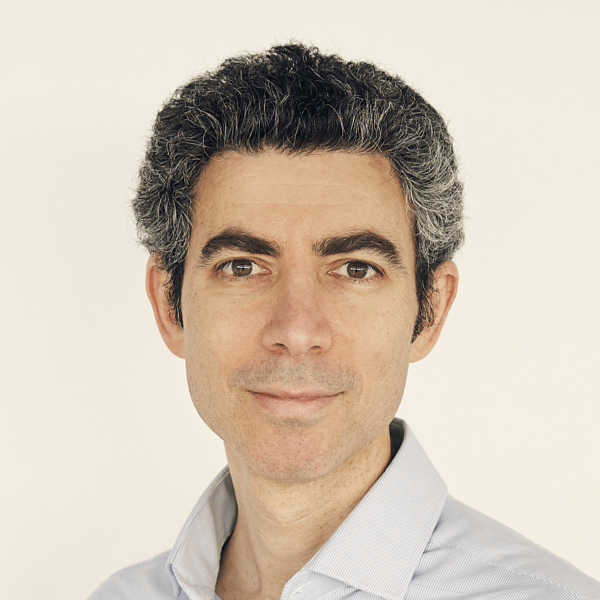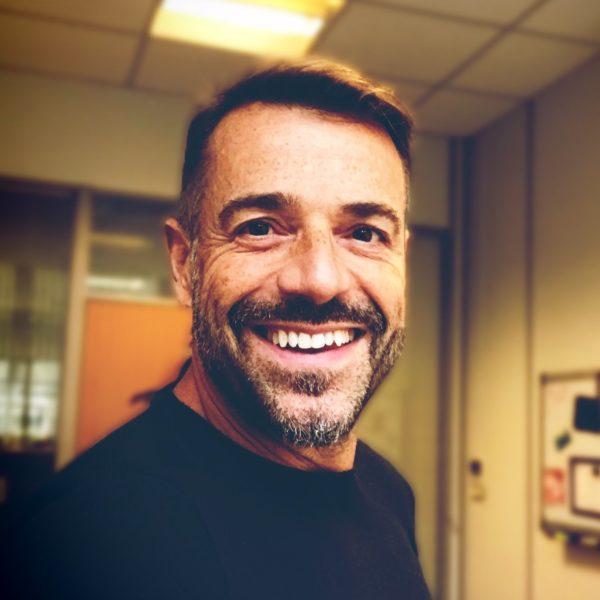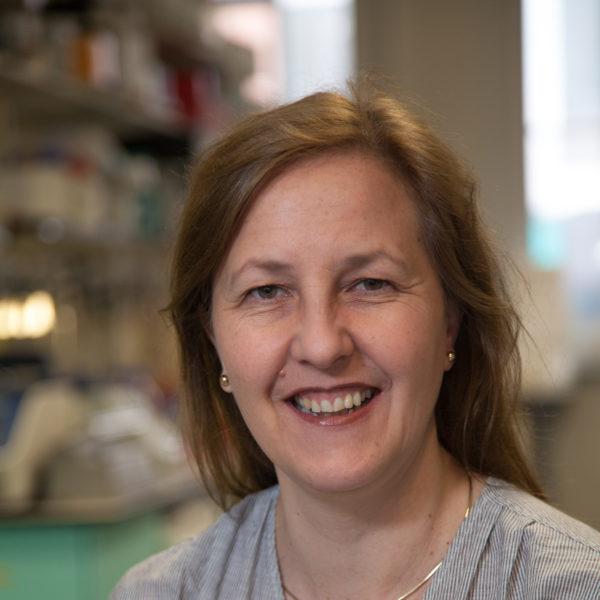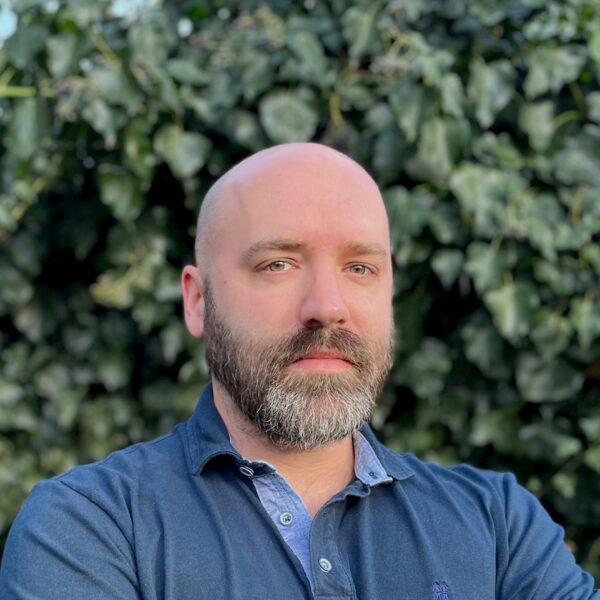Staff Directory
Professor Nitzan Rosenfeld
Director, Barts Cancer Institute; Professor of Applied Cancer Research
The Rosenfeld group develops molecular diagnostic tools for cancer detection, characterisation and monitoring, to help make more informed treatment decisions. We focus on liquid biopsies, in which we analyse blood samples to detect and characterise cell-free circulating tumour DNA (ctDNA).
Professor Tyson V. Sharp
Professor of Cellular and Molecular Biology
My group’s work focuses on the role of the tumour suppressor protein LIMD1 and its family members Ajuba and WTIP and how their deregulation in normal tissue contributes to the development of lung, renal and breast cancer.
Professor Stéphanie Kermorgant
Professor of Cellular Oncology
We study the role of growth factor receptor signalling and intracellular trafficking (movement inside cells) in tumour growth and metastasis in the view of improving cancer therapy.
Dr Barrie Peck
Senior Lecturer
My lab aims to understand the alterations in metabolism that take place in cancer and investigate whether extrinsic factors, such as diet, influence cancer metabolism and disease trajectory. We then want to uncover whether these dependencies can be exploited therapeutically.
Dr Vivek Singh
Lecturer in Digital Pathology
Dr Paul Grevitt
My research projects involve identifying tumour suppressors involved in regulating the hypoxic response and metabolic stress, with the aim to identify novel targeted therapies against these.
Dr Peng Liu
I am interested in cancer prevention and immunotherapy using tumour-targeted replicating oncolytic viruses.
Dr Juan Manuel Marti
My current project dissects the role that the protein FAK plays on the induction of senescence observed in endothelial cells (ECs) after DNA damage therapy, and its role in lung cancer metastasis.
Dr Iuliia Pavlyk
My research focuses on exploring why ASS1 is differently expressed in human cancers and how this information may be transferred for anticancer therapy.
Dr Kunal Shah
I am studying how the tumour suppressor gene LIMD1 functions in the microRNA pathway, a gene regulatory pathway that is often dysregulated in cancer.





